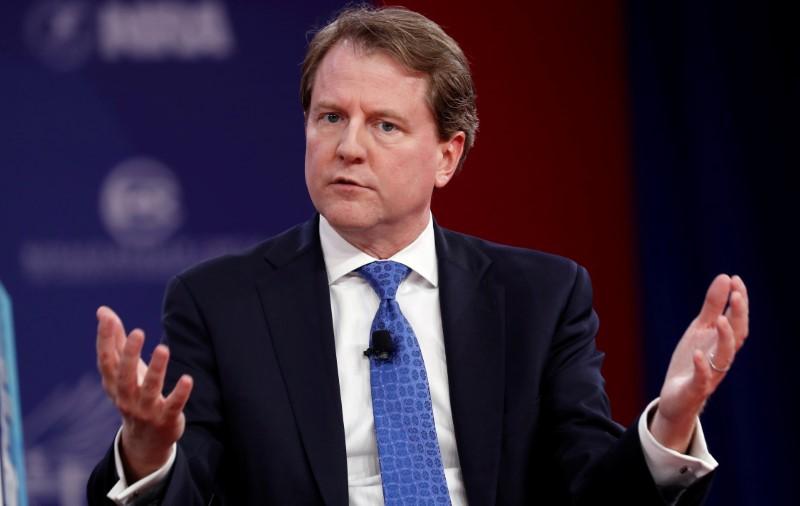A divided federal appeals court ruled on Monday that the House cannot look to federal courts to enforce its subpoenas because there is no law that gives the chamber the power to do so.
The D.C. Court of Appeals issued their ruling in the case stemming from a congressional subpoena seeking former White House counsel Don McGahn’s testimony before Congress. The judges ruled 2-1 to dismiss the lawsuit brought by the House Judiciary Committee, the second time a D.C. Circuit Court panel had done so.




